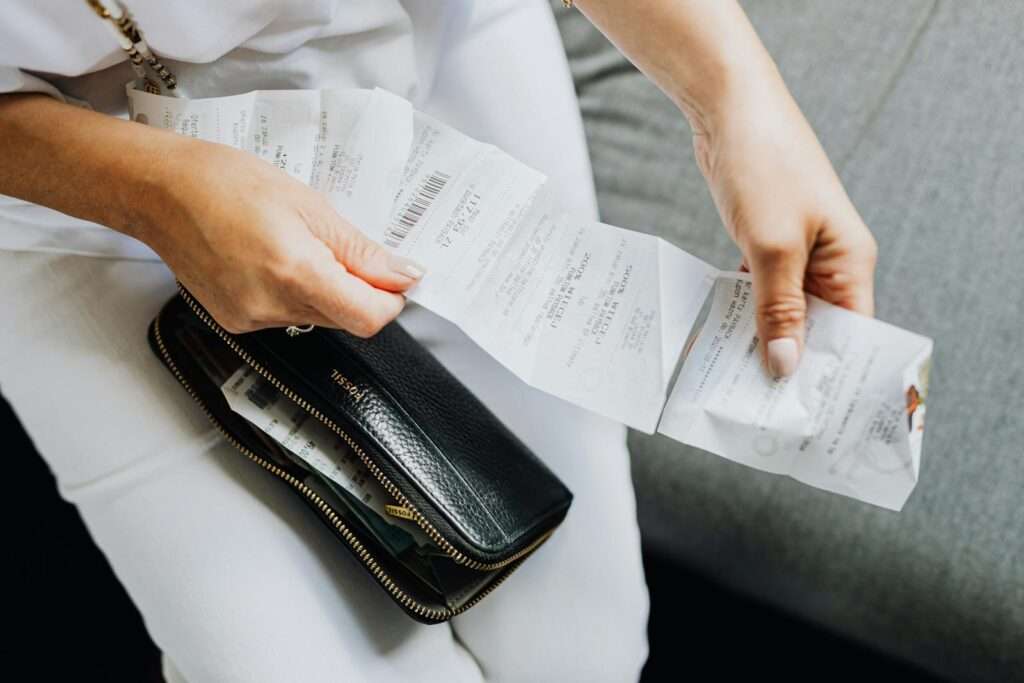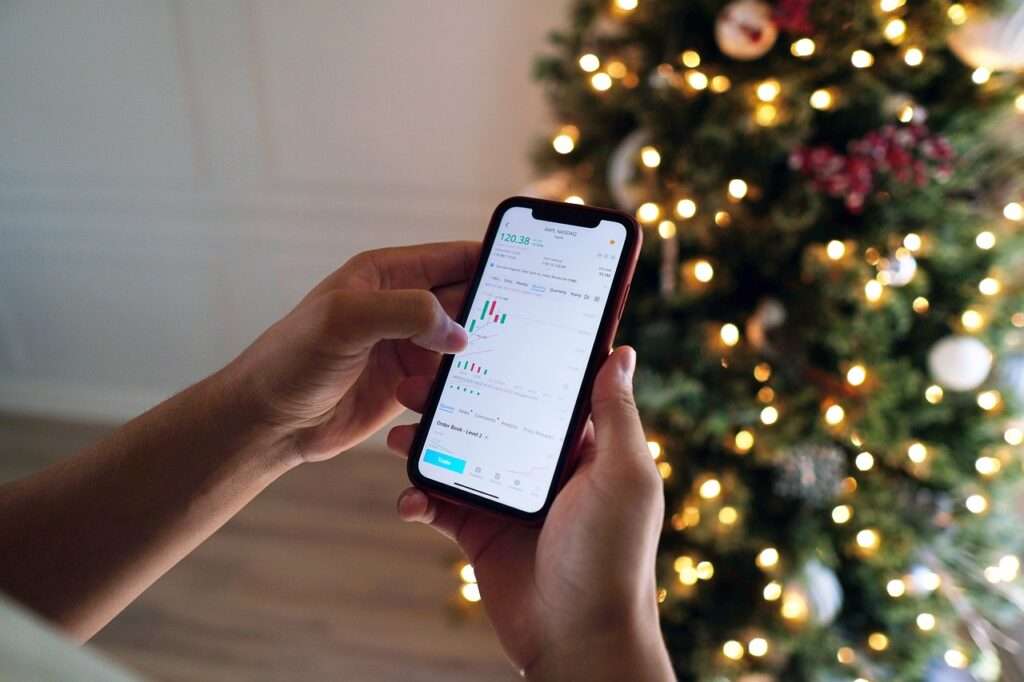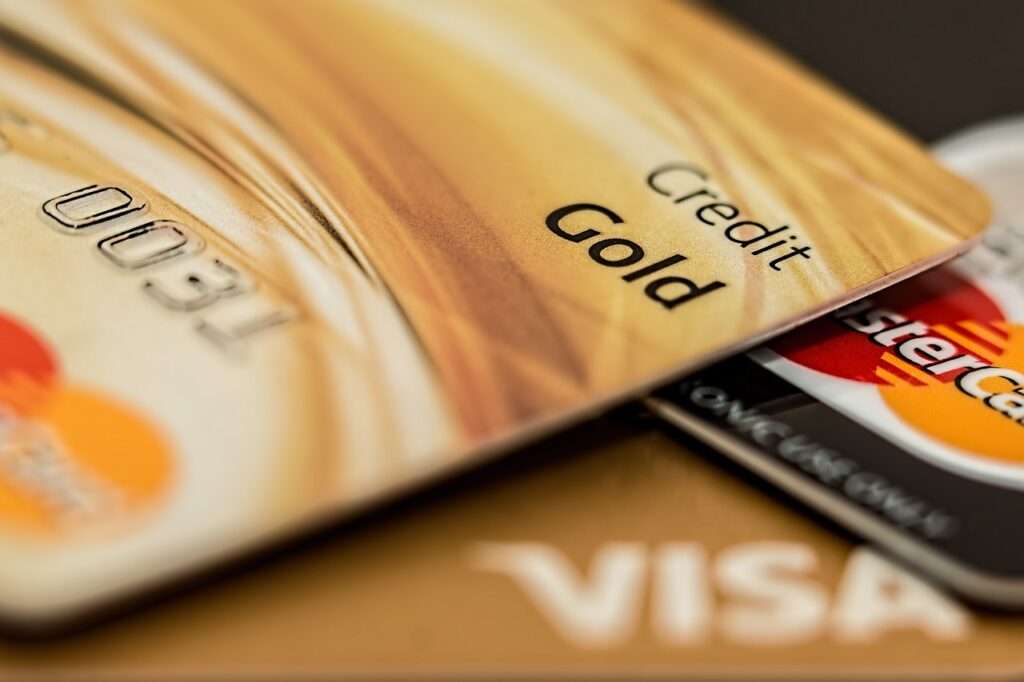Ever checked your bank balance and wondered, “Where did all my money go?” You’re not alone. For many of us, small, everyday expenses can snowball into surprising totals. The good news? There’s a way to take back control, and it starts with tracking your expenses.
Expense tracking is more than just tallying numbers—it’s about understanding your spending habits, identifying areas for improvement, and staying on track with your budget. Let’s dive into the hows and whys of expense tracking and turn it into a habit that works for you.

Why Track Your Expenses?
Tracking expenses might sound tedious, but the benefits are worth it:
- Awareness of Spending Habits
You might think your biggest expense is rent, but is it actually coffee runs or impulse online shopping? Tracking reveals the truth. - Budget Adherence
Your budget is your financial plan, but without tracking, it’s just numbers on paper. Expense tracking ensures you stick to your goals. - Identify Wasteful Spending
Those $10 subscriptions you forgot about? Tracking highlights where your money is going and what you can cut. - Achieve Financial Goals Faster
Whether it’s saving for a vacation, paying off debt, or building an emergency fund, tracking expenses shows where you can redirect funds. - Peace of Mind
Knowledge is power. Knowing exactly where your money goes reduces financial anxiety and helps you make informed decisions.
Step 1: Gather Your Tools
Tracking expenses doesn’t require fancy software—just consistency. Choose a method that fits your style:
1. Manual Tracking
- Use a notebook, planner, or spreadsheet.
- Write down every purchase, no matter how small.
2. Mobile Apps
- Apps like Mint, YNAB (You Need a Budget), or PocketGuard sync with your accounts to categorize and track spending automatically.
- These tools often include budgeting features and spending alerts.
3. Bank and Credit Card Statements
- Most banks and credit card providers offer online tools to categorize transactions.
- Review your statements monthly to spot patterns.
4. Envelopes and Receipts
- Keep receipts and sort them into categories.
- Alternatively, use the envelope method to allocate cash for specific spending categories.
Step 2: Categorize Your Expenses
To get a clear picture of where your money goes, group expenses into categories. Common categories include:
- Housing: Rent/mortgage, utilities, insurance.
- Transportation: Gas, public transit, car payments, insurance, maintenance.
- Food: Groceries, dining out, coffee runs.
- Health: Insurance, prescriptions, medical bills.
- Debt Payments: Credit card, student loans, personal loans.
- Savings/Investments: Emergency fund, retirement, investment accounts.
- Entertainment: Subscriptions, hobbies, outings.
- Miscellaneous: Gifts, donations, unexpected expenses.

Step 3: Track Every Penny
For one month, record everything you spend. Yes, that $1 app download and $5 latte count. Accuracy is key here.
Pro Tip:
- Review your expenses weekly instead of waiting until the end of the month. This helps you spot potential issues early.
Step 4: Analyze Your Spending Habits
Once you have a month’s worth of data, it’s time to analyze:
- Spot Trends: Are there categories where you consistently overspend?
- Identify Patterns: Do you spend more on weekends or after payday?
- Find “Leaks”: These are small, unnecessary expenses that add up, like unused subscriptions or frequent takeout.
Step 5: Adjust and Optimize
With a clear understanding of your spending, make changes to align with your budget and financial goals:
1. Reduce Non-Essential Spending
- Limit dining out to once a week.
- Cut back on streaming services or gym memberships you don’t use.
2. Prioritize Needs Over Wants
- Ensure essential expenses are covered before spending on luxuries.
3. Automate Savings
- Set up automatic transfers to your savings or investment accounts to prioritize building wealth.
4. Plan for Irregular Expenses
- Budget for occasional costs like car maintenance, holidays, or annual fees by saving a little each month.
Tips for Successful Expense Tracking
- Be Honest: Don’t “fudge” numbers or skip entries. Accurate tracking is essential for real insights.
- Use Cash for Discretionary Spending: Withdraw a set amount weekly for things like entertainment or dining out. When it’s gone, it’s gone.
- Involve Your Family: If you share finances, ensure everyone is on the same page and tracks their spending.
- Review Regularly: Check your progress monthly to ensure you’re on track and adjust as needed.
- Celebrate Progress: If you meet a savings goal or stick to your budget, reward yourself with a small treat—without derailing your plan!
The Impact of Expense Tracking
1. Achieve Financial Freedom
By understanding and controlling your spending, you’ll have more money to save and invest, paving the way for financial independence.
2. Less Stress, More Confidence
Knowing exactly where your money goes eliminates the guesswork and gives you confidence in your financial decisions.
3. Improved Relationships
For couples, expense tracking fosters transparency and teamwork, reducing money-related conflicts.
Common Challenges (and How to Overcome Them)

“I Forget to Track Daily.”
- Use apps that sync automatically with your bank accounts.
- Set a daily reminder to jot down expenses.
“It’s Too Time-Consuming.”
- Start with weekly reviews instead of daily tracking.
- Focus on large or frequent expenses first if time is limited.
“I Feel Guilty About Overspending.”
- Expense tracking isn’t about shame—it’s about awareness and improvement.
- Use overspending as a learning opportunity to adjust your habits.
Final Thoughts: Tracking for Financial Empowerment
Expense tracking isn’t about restriction—it’s about clarity, control, and choice. It empowers you to align your spending with your values and goals.
So, whether you’re a spreadsheet enthusiast or someone who prefers letting an app do the heavy lifting, start tracking your expenses today. It’s a small step that can lead to big financial wins—and maybe even that dream vacation or debt-free life you’ve been working toward.
Take charge of your money, and watch your financial confidence soar!



